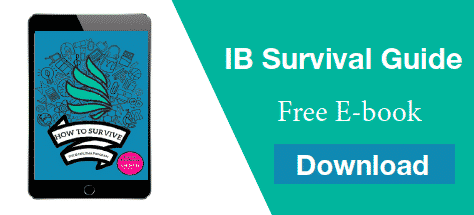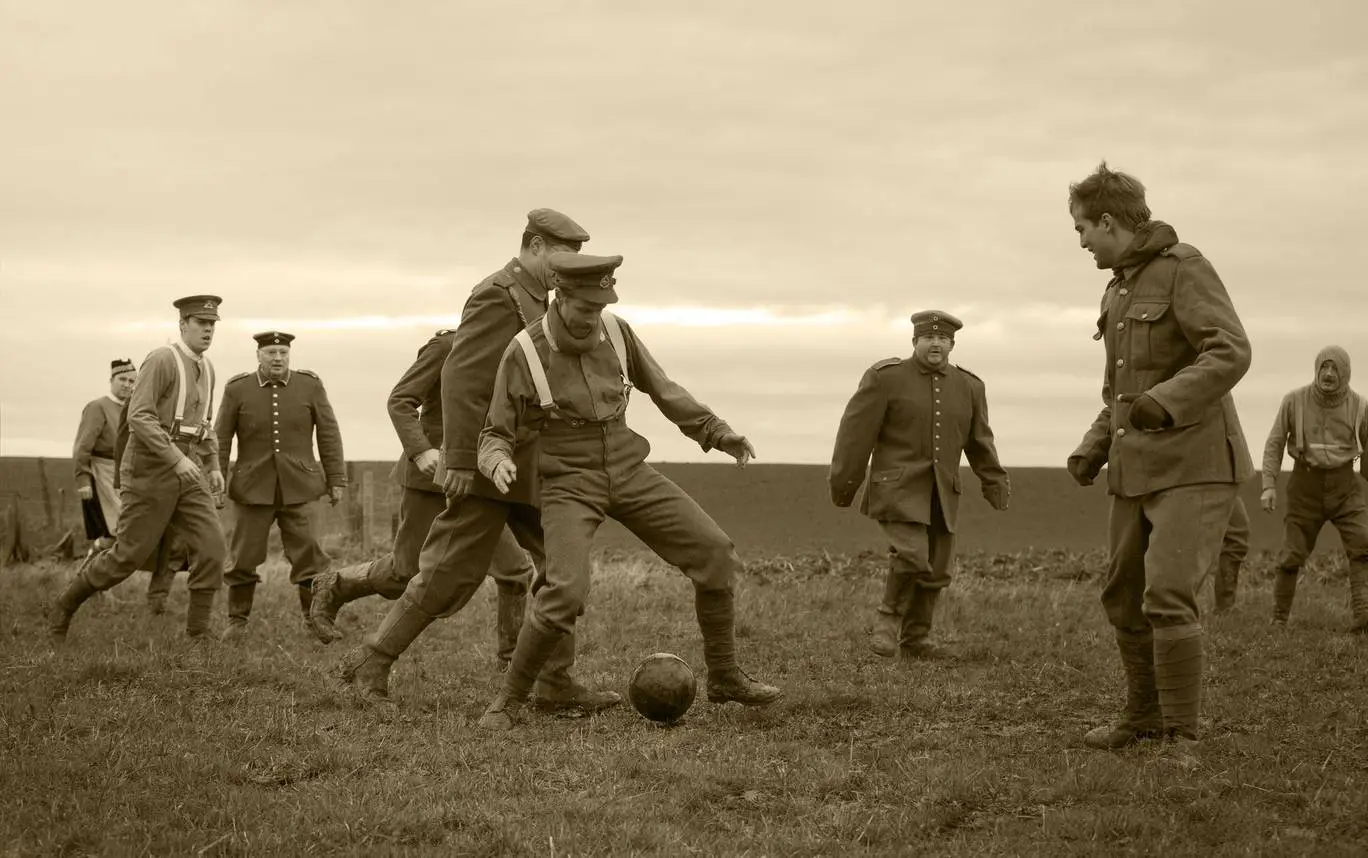Time management is a true art. One which few ever totally master. IB students are forever complaining that they don’t have enough hours in the day to get everything done. But 24 hours is a lot of time, right? So where does it all go? And how can you better use your time to become more productive? The secret to productivity is hidden in your dead time.
Dead time will enable you to make more time available in your day-to-day life. Or rather, to make use of the time you were otherwise wasting.
What is it?
Dead time is time in which someone or something is not acting productively. Perhaps the time spent when we are waiting for something, or when you do something without a real purpose.
Dead time is everywhere…
Your journey to school. The five minutes you spend between lessons. The two minutes it takes for your laptop to load up in the morning – dead time is everywhere. Although seemingly insignificant in isolation, it really adds up. If you can get into the habit of using this dead time to do little bits and pieces of larger tasks, you’ll be able to use those random, useless moments in your day to your advantage.

Here are some examples of situations where dead time tends to hide, and how you might make use of it:
On your journey to school…
- Download Duolingo and practice your language B
- Make yourself a set of flashcards on Memrise to help you revise for an upcoming test
- Listen to podcasts. Whether related to your studies or not, listening to podcasts can make you feel worldly-wise! There are some great IB specific podcasts out there – find some suggestions in this guide to the best IB internet resources.
Phone apps and internet resources can be an excellent use of dead time, as we tend always to have our phone to hand. Find out more about apps to help you succeed in the IB.
Whilst you’re brushing your teeth…
Take a pack of post-it notes. On each, write a definition that you need to learn, a buzz-word or a quote. Stick these around your bathroom mirror. Then, every morning and evening when you stand there mindlessly brushing your teeth, glance over the notes. Remember – dead time adds up. You may only brush your teeth for 2 minutes, twice a day. But that’s half an hour a week. Two hours a month. Now that’s time well spent.
Waiting for an appointment…
Carry a small revision guide around with you in your backpack. When you find yourself stuck in a waiting room, or outside a teacher’s office, take it out and flick through. Perhaps even bring a highlighter too.
Make mind-maps. At the end of each topic you study, make small A4 or A5 mind-maps containing buzz-words and key points you need to remember. Keep them all in a little notebook – something that is light and easy to carry around with you. When you’re sat waiting in a quiet place for a while, take it out and flick through the topic summaries to ensure you are constantly reminded of the bigger picture of the topics you’re studying.

Top tip!
Carry headphones with you at all times. Busses, trains, trams or waiting rooms can be noisy places, and it’s almost impossible to resist the urge to eavesdrop into others’ conversations. Have to hand a good, calm, study playlist and tune in when you are trying to be productive. It’ll help get you in the zone.
Finally…
remember that even getting distracted and letting your mind wander when you’re at work can lead to a lot of dead time accumulating. To minimise the time you spend daydreaming, try using the Pomodoro technique. Work in short, sharp 25 minute shifts, making sure to take a 5 minute break between each. This will help you from getting bored and distracted. You’ll finish tasks much quicker, and probably to a better standard. You’ll feel more motivated and productive.
So the take home message?
Dead time: Find it, use it. And with this new trick, watch your time management skills soar to a whole new level.
Study better: the 15 minute rule!



